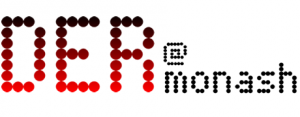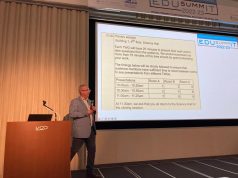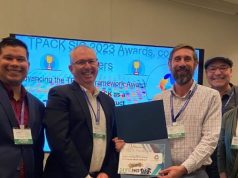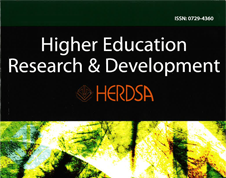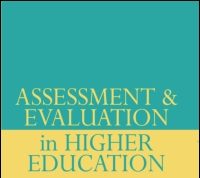DER’s Mike Phillips has a new journal article in Technology, Knowledge and Learning resulting from his work in the UNESCO sponsored EDUSummIT in Bulgaria in 2017. This new paper, lead by Mary Webb from King’s College London is titled ‘Challenges for IT‑Enabled Formative Assessment of Complex 21st Century Skills’.
In the article, we identify and examine opportunities for formative assessment provided
by information technologies (IT) and the challenges which these opportunities present. We address some of these challenges by examining key aspects of assessment processes that can be facilitated by IT: datafication of learning; feedback and scaffolding; peer assessment and peer feedback. We then consider how these processes may be applied in relation to the assessment of horizontal, general complex 21st century skills (21st CS), which are still proving challenging to incorporate into curricula as well as to assess. 21st CS such as creativity, complex problem solving, communication, collaboration and self-regulated learning contain complex constructs incorporating motivational and affective components.
Our analysis has enabled us to make recommendations for policy, practice and further research. While there is currently much interest in and some progress towards the development of learning/assessment analytics for assessing 21st CS, the complexity of assessing such skills, together with the need to include affective aspects means that using IT-enabled techniques will need to be combined with more traditional methods of teacher assessment as well as peer assessment for some time to come.
Therefore learners, teachers and school leaders must learn how to manage the greater variety of sorts and sources of feedback including resolving tensions of inconsistent feedback from different sources.
